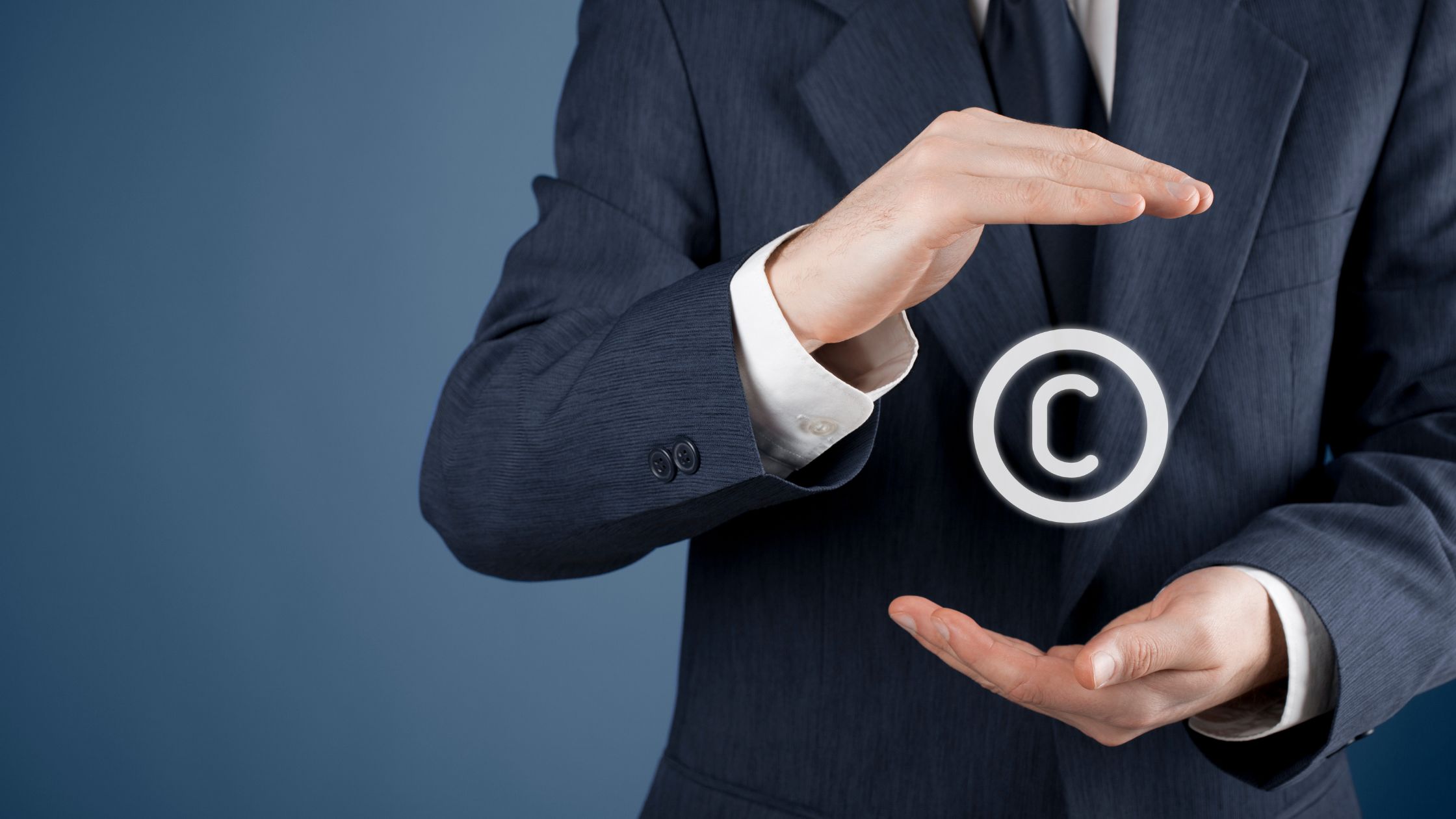
On September 20, 2024, an amendment to the Polish Copyright and Related Rights Act of February 4, 1994, came into force. This long-awaited change implements two directives of the European Parliament, significantly altering the responsibilities of online content-sharing platforms and the remuneration model for creators. The new regulations aim to better protect creators’ interests and align Polish copyright law with the realities of today’s digital content economy.
This article will cover:
What Changes Have Been Made to the Liability of Online Platforms?
One of the key aspects of this amendment is the modification of liability rules for providers of online content-sharing services. Popular platforms such as YouTube and Google, which allow public sharing of works uploaded by users without authorization from copyright holders, will now bear direct liability for copyright infringements. This change means that platforms that previously relied on exemptions from liability must now demonstrate that they have taken all reasonable measures to avoid violations.
To qualify for exemption from liability, platforms must cumulatively meet the following conditions:
These requirements will apply to varying degrees depending on the platform’s operational history, annual revenue, and user base size. Factors such as the type and scale of services provided, the platform’s reach, and available technical resources will also be considered when evaluating compliance.
How Have the Rules on Creators’ Remuneration Changed?
Another significant and long-anticipated change is the introduction of new rules for creators’ remuneration, aimed at ensuring a fairer distribution of profits derived from their works. The amendment grants authors of literary, journalistic, scientific, musical, and audiovisual works the right to appropriate remuneration for the public availability of their works online.
Platforms that allow users to freely access works at their chosen time and place (e.g., YouTube) must now provide creators with fair compensation proportional to the actual revenues generated from their works. According to the amended regulations, “fair compensation” is defined as remuneration proportional to the revenues obtained from the use of the work. This means that, from September 20, 2024, royalties can no longer be determined independently of the actual profits earned by platforms, producers, or publishers.
What is the Revised Bestseller Clause?
The amendment also introduces changes to the so-called “bestseller clause.” This mechanism is designed to ensure that creators receive fair compensation that reflects the actual benefits derived by entities exploiting their works.
The revised “bestseller clause” allows creators to pursue legal action if their remuneration is disproportionately low compared to the profits gained by copyright holders or licensees.
For example, if a work achieves unexpected commercial success, and its creator does not receive adequate compensation commensurate with the scale of that success and the actual revenues earned by commercial copyright holders, the new provisions provide avenues to rectify this disparity.
What Informational Obligations Do Copyright Holders Have?
In addition to the above changes, the new regulations entitle creators to detailed information about revenues generated from their works. Entities that acquire copyright or obtain licenses must regularly inform creators about the revenues derived from various forms of use of their works.
This obligation is intended to help authors assess the value of their creations and negotiate fair compensation more effectively.
Summary
The amendment to the Copyright and Related Rights Act is a comprehensive update of Polish copyright law, enhancing protections for creators while increasing accountability for online platforms. The new provisions safeguard creators’ interests and promote a fairer distribution of revenues derived from their works.
While the amendment does not address issues related to the use of artificial intelligence, these areas may require separate regulation in the future.
Author: Zuzanna Chudzia, Lawyer
« Back